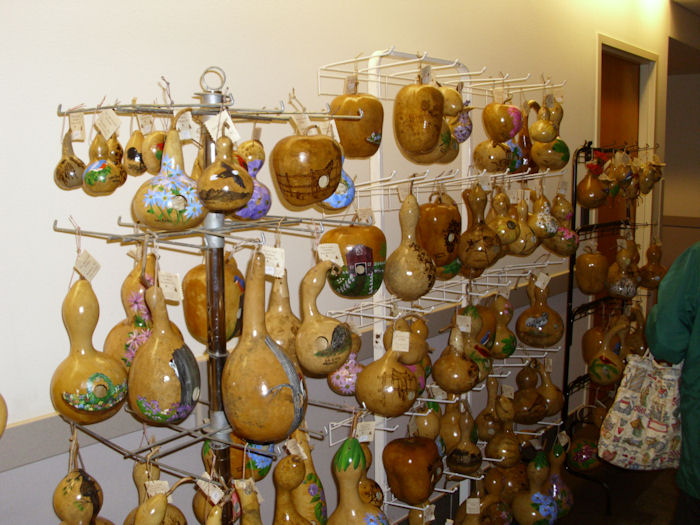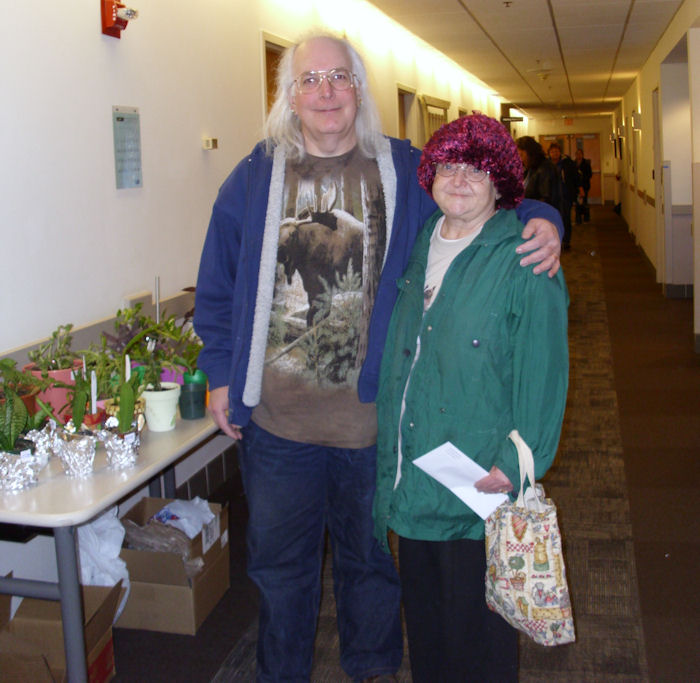This is an update of a post that originally appeared on April 7, 2011.
In looking at a lot of my previous posts, I try to see the truth value in them. Did they hold up to the test of time? When it comes to ongoing education, it doesn’t matter how old you get, you still need to learn new things. I encountered a friend at the library the other day, long retired, he’s still feeding his brain with new things and doing so makes him a very interesting person to talk to.
There are only 24 hours in each day, making it impossible for any one human to know the sum of human knowledge or even a small portion of it. The 24 hour limit means we must actually choose carefully and depend on others to have knowledge we don’t possess. Anything that isn’t growing is dead and a form of growth is the increase of both knowledge and wisdom.
Of course, I do obtain daily increases in knowledge. The art of writing technical books is embracing a strategy of learning all the time. I read voraciously, subscribe to word builders, and conduct experiments to see just how things really work (as contrasted to the theoretical discussions in the books and magazines I read). The very act of writing involves learning something new as I discover new ways to express myself in writing and convey information to readers. I’ve picked up books I wrote early in my career and am often appalled at what I considered good writing at the time, but it was good writing given my experience, even though it would be unacceptable today.
Learning is part of every activity in my life and I relish every learning event. So it was on this particular weekend twelve years ago that my wife and I packed our lunch and sent to Get Ready…Get Set…Garden! We looked forward to it every year. This year we took classes on hostas (for fun) and horseradish (as part of our self-sufficiency).
Before we went to class though, we just had to spend a little time looking at some of the displays. A personal favorite of mine was the gourds:

I’ve always wanted to make some bird houses, but never quite have the time. They actually had a class on the topic this year and I was tempted to take it, but that would have meant missing out on the horseradish class, which I considered more important. Here’s Rebecca and me standing in front of one of the displays:

Well, onto the classes. I found out that there are over 2,000 varieties of hostas, which I found amazing. They originated in Japan, Korea, and China. It takes five years on average to grow a hosta to full size, but it can take anywhere from three years to ten years depending on the variety. I found out our place for growing them is perfect, but our watering technique probably isn’t, so we’ll spend a little more time watering them this summer. Our presenter went on to discuss techniques for dealing with slugs and quite a few other pests. Most important for me is that I saw some detailed pictures of 50 of the more popular varieties that are easy to get in this area. I’ll be digging out some of the old hostas in my garden and planting new as time allows.
The horseradish session was extremely helpful. I learned an entirely new way to grow horseradish that involves laying the plant on its side for the first six weeks, digging it up partially, removing the suckers, and then reburying it. The result is to get a far bigger root that’s a lot easier to grind into food. I can’t wait to try it out. Of course, our instructor had us sample a number of horseradish dishes while we talked. I’m not sure my breath was all that pleasant when we were finished, but I enjoyed the tasty treats immensely.
So, what are your educational experiences like? Do you grow every day? Let me know at [email protected].
